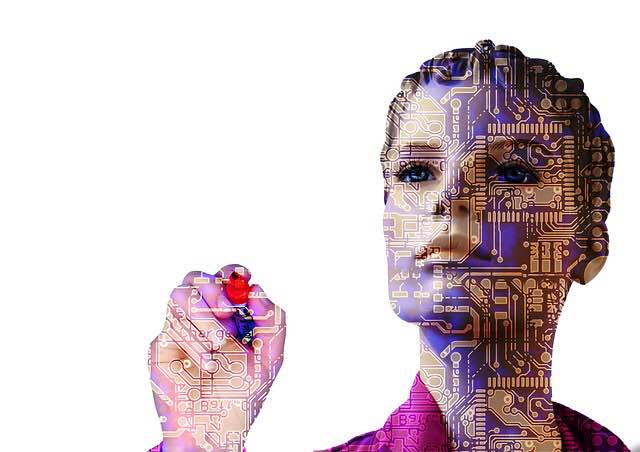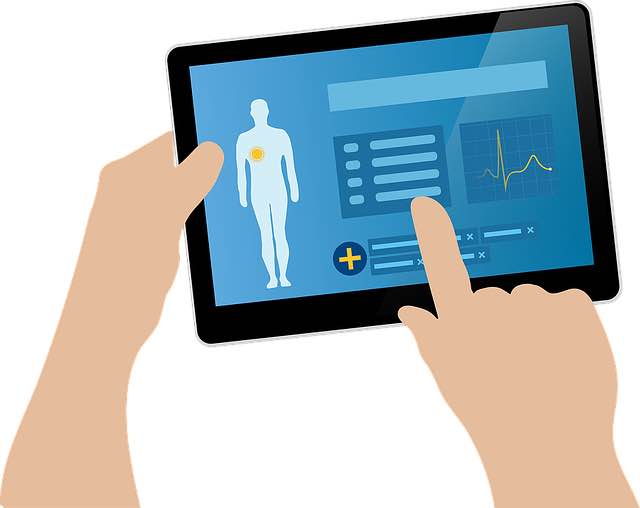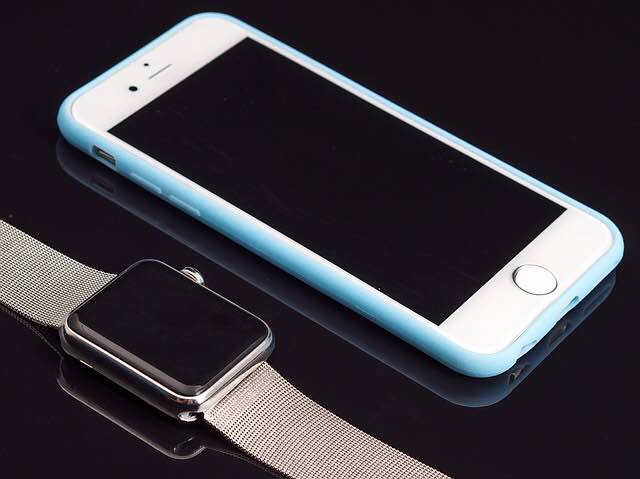|
“Artificial intelligence is growing up fast, as are robots whose facial expressions can elicit empathy and make your mirror neurons quiver” - Diane Ackerman The practice of medicine often challenges personnel to decide the correct course of action in patients with complicated problems. It is not just diagnostic dilemmas, but also deciding on correct management protocols and communicating a realistic a fairly accurate prognosis, which is called into question. Traditionally, doctors have relied on their own experience, literature, experiences of their peers and communication with more experienced people to arrive at decisions. This very complex problem solving has been the building blocks of medical practice. The brain has been the most intriguing organ to man and scientists have gone about trying to recreate the same using technology which was further accentuated with the arrival of the computer. Of all the modern technological quests, this search to create artificially intelligent (AI) computer systems has been one of the most ambitious and, not surprisingly, controversial. Scientists and doctors alike have explored the potential what this technology could have in medical practice. The staggering ability of computers to store, assimilate and process vast amount of data led to the hope and belief that one day, such computers may be able to assist and eventually surpass the doctor’s ability to make a diagnosis. Though this sounded attractive to some, it did stir some controversy. But all said and done, scientists and doctors alike had a bold vision by which artificial intelligence could revolutionize medicine and push forwards the frontiers of technology. There was of course initial euphoria, which was short lived. Much of the difficulty has been the poor way in which they have fitted into clinical practice, either solving problems that were not perceived to be an issue, or imposing changes in the way clinicians worked. It is yet impossible to replace the clinician at the bedside; yet artificial intelligence does have the potential to make a useful contribution. What is extremely important and being studied is to identify the specific areas of medical practice that are best suited to the introduction of artificial intelligence systems. Artificial intelligence (AI) is still in the very early stages of development and in so many ways cannot match up to the human intelligence. But today`s machines are capable of mining and crunching vast amount of data that is difficult for the human mind to do. The complex algorithms of artificial intelligence can be used to analyse electronic patient records and transform them into diagnostic and management tools.
Artificial intelligence is what gives computers the ability to learn, think, reason, and even understand human emotions, allowing computers to do more than just repetitive tasks. Therapeutic animal robots that have been developed to help Alzheimer’s patients which help nurture brain function by delaying cognitive problems that in turn improves quality of life, and reduces the reliance on social services. A very important contribution of AI is in reducing errors due to fatigue. A personal assistant that is able to alert physicians to such errors may help improve outcomes. AI assistants/programs could significantly reduce medical costs by eliminating office visits with online care. With virtual presence technology, using a remote presence robot, doctors are able to engage with patients and staff without actually being there. They are able to move around and interact almost as effectively as if they were present. This allows specialists to assist patients that may not be able to travel to see a particular doctor. The advent of AI in the earlier stages did lead to a sense of insecurity that doctors would no longer be required. However, AI no longer claims to substitute doctors but help the health care professionals by devising newer, more user friendly programs in the discharge of their day to day activities and help solve extremely complex problems in a quick and efficient manner, at the same time reducing costs. Insights gained by these devices can be useful to influence public health and thus policy decisions. There is a huge educative value to this as newer phenomena may emerge leading to creation of more medical knowledge. Currently, the best use in the ability to tap into data created by thousands of healthcare providers and patient visits as well as data on treatments other doctors have provided to patients with similar profiles and use this knowledge to build one`s own opinion. Watch this space!
0 Comments
"An innovation will get traction only if it helps people get something that they're already doing in their lives done better". There is now overwhelming evidence of the use of surgery as a powerful tool in the management of diabetes mellitus especially in people with a high BMI or inadequately controlled diabetes of the type II variety. Surgery improves type II diabetes in nearly 90 percent of patients by: lowering blood sugar, reducing the dosage and type of medication required and improving diabetes-related health problems. Surgery causes type II diabetes to go into remission in 78 percent of individuals by: reducing blood sugar levels to normal, eliminating the need for diabetes medications. This has also been seen in patients over a long time. Recent studies have pointed towards the superiority of gastric bypass surgery over lifestyle-medical management albeit with greater adverse events including nutritional problems. The effects of surgery seem to wane with time in time and it needs to be seen who are the real beneficiary of this procedure. However, the cornerstone of diabetes management is lifestyle and behavioural modification in the form of nutritional changes, increased exercise and motivation to do so over a prolonged period of time. Surgery alone is not the panacea of diabetes but sustained medical and lifestyle management is needed to reap the benefits of surgery and provide good long term results. Similarly, it is quite imperative that at diagnosis, the person is taken through a period of lifestyle adaptation and medical management before any surgery is done. These need improved patient education, awareness and support right through the entire journey. There needs to be pragmatic thinking that even if we do well with surgery for 5-10 years, this is little in the long life of people. Now, with ever increasing life expectancy, this maybe an opportunity to improve the health of people not just from a medical perspective but also from a holistic perspective.
Mobile and digital health can play a very vital role. Dissemination of accurate information, education and engagement, monitoring of multiple parameters in real time and intervention including psychological and mental health in appropriate times can help give people with diabetes a voice and influence their own management in a positive way. The shifting paradigm of management of diabetes with surgery throws up new challenges which necessitates closer monitoring and action for optimal results. It is imperative that people with diabetes need a coordinated multidisciplinary approach to care so that more but appropriate people can reap benefits. |
AuthorsDebashis Archives
December 2016
|







 RSS Feed
RSS Feed
